The Message – “One word Frees us of all the weight and pain of life: That word is love.”
Sophocles (496 BC – 406 BC) Greek playwright of 123 plays including Oedipus Rex
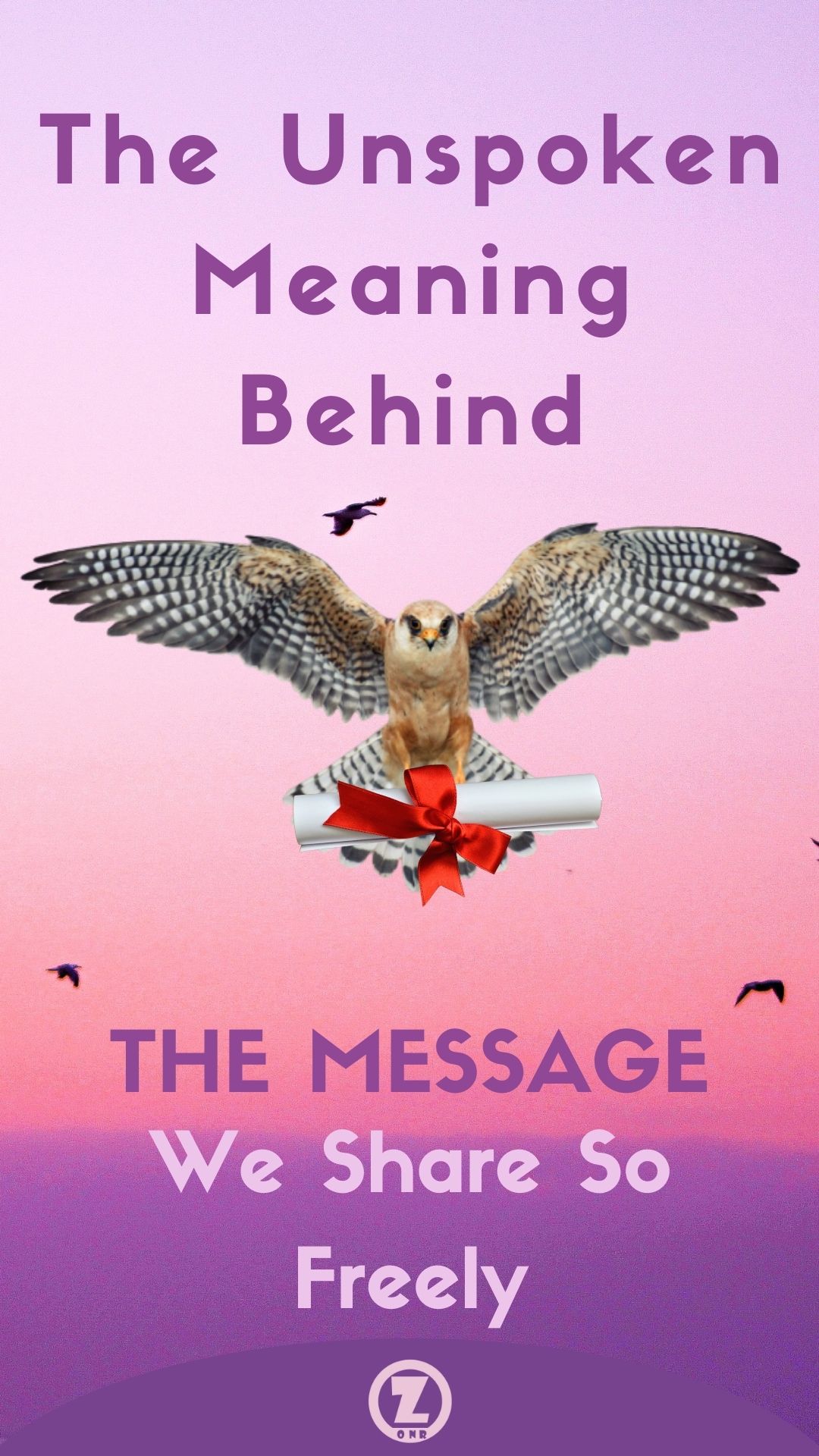
The Message – “One word Frees us of all the weight and pain of life: That word is love.”
Sophocles (496 BC – 406 BC) Greek playwright of 123 plays including Oedipus Rex
THE MIRACLE THAT SHINES LIGHT ALONG OUR HUMBLING PATH – “This is a very large order. It is a task which we may perform with increasing skill, but never really finish. Learning how to live in the greatest peace, partnership, and brotherhood with all men and women, of whatever description, is a moving and fascinating adventure.” (12 & 12, p. 77)
Today’s SFZ

TO ACCEPT YOURSELF BEGIN IN THE HEART –
“Changing such self-
defeating attitudes is es-
sential to recovery … .” “We
are seeking genuine change,
not denial. And the first step in
changing our attitudes is be-
coming aware of them, a pro-
cess that rarely happens
overnight.” (How Al
Anon Works, p. 77)
AND REACH FOR THE STARS – “There is no model of the recovering addict. When the drugs go and the addict works the program, wonderful things happen. Lost dreams awaken and new possibilities arise. Our willingness to grow spiritually keeps us buoyant.” (The Basic Text, p.91)
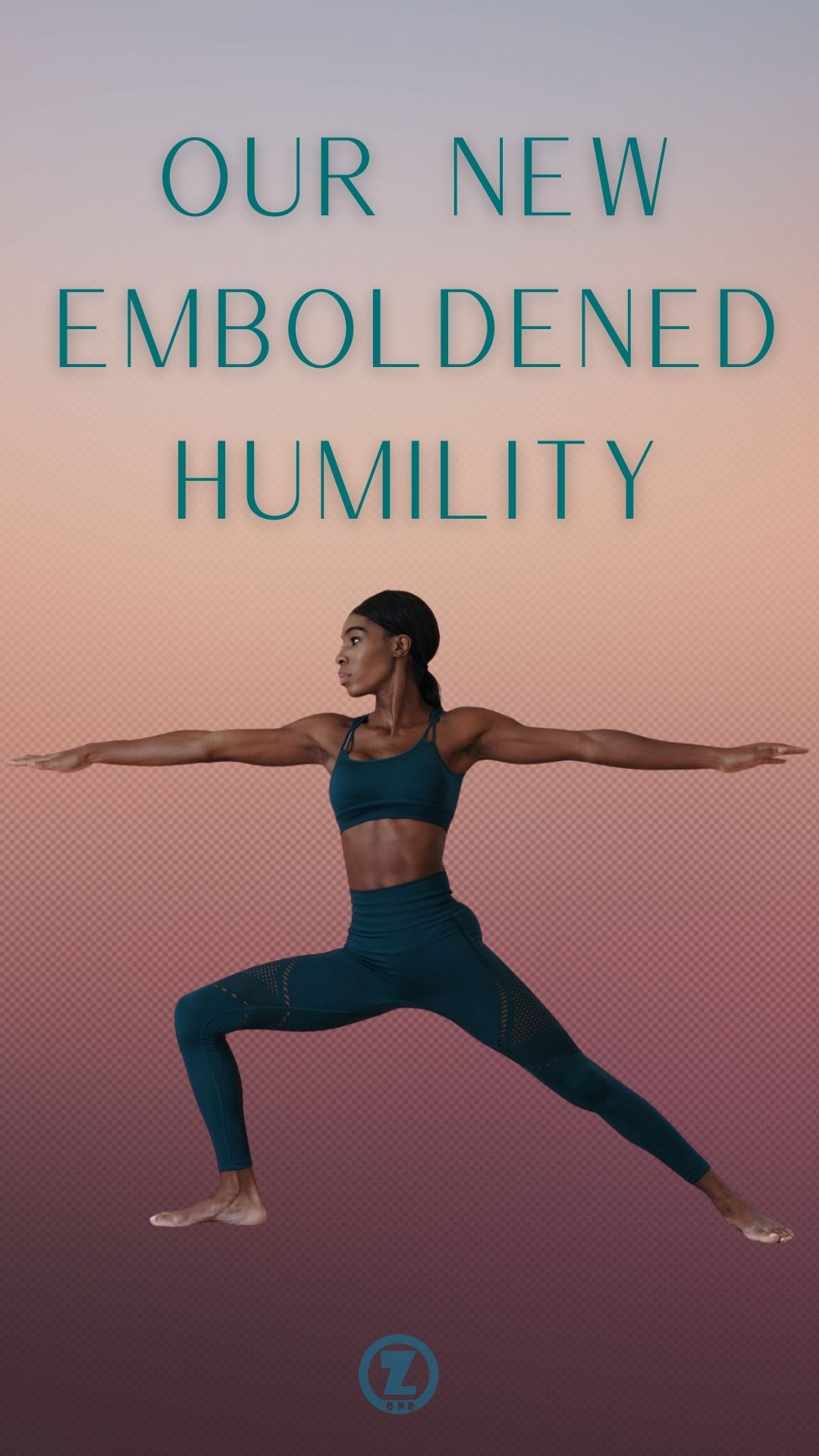
AN ATTITUDE OF HUMILITY – “An attitude of humility is not the same as humiliation, nor is it a denial of our good qualities. On the contrary, an attitude of humility means that we have a realistic view of ourselves and our place in the world.” (It Works, How & Why, p. 49)
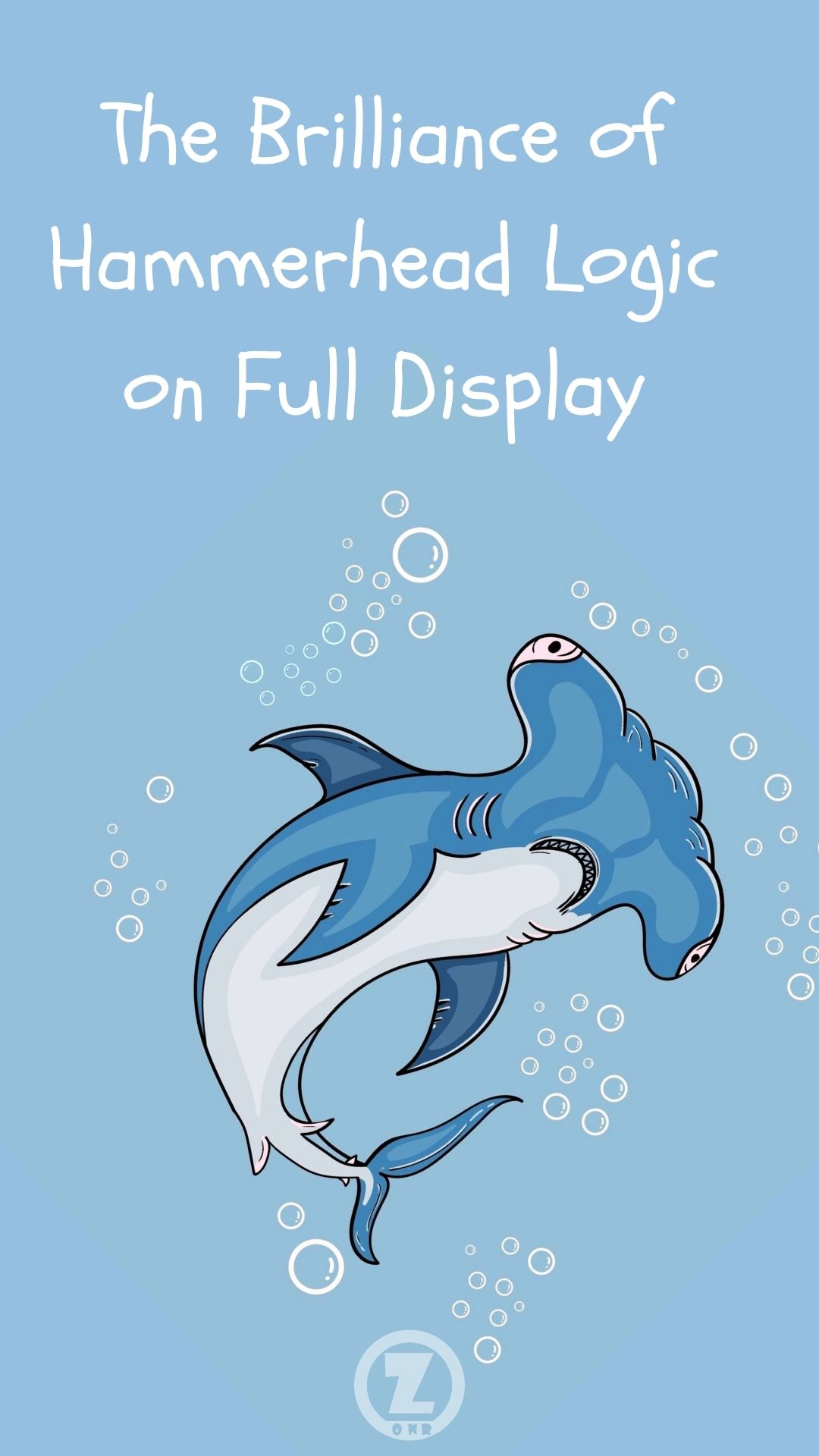
HOW DEFECTS CLOUDS OUR THINKING –
“Most of us saw no
way out, believing that
we would use until
the day we died.”
(Crystal Clear,
p. 8)
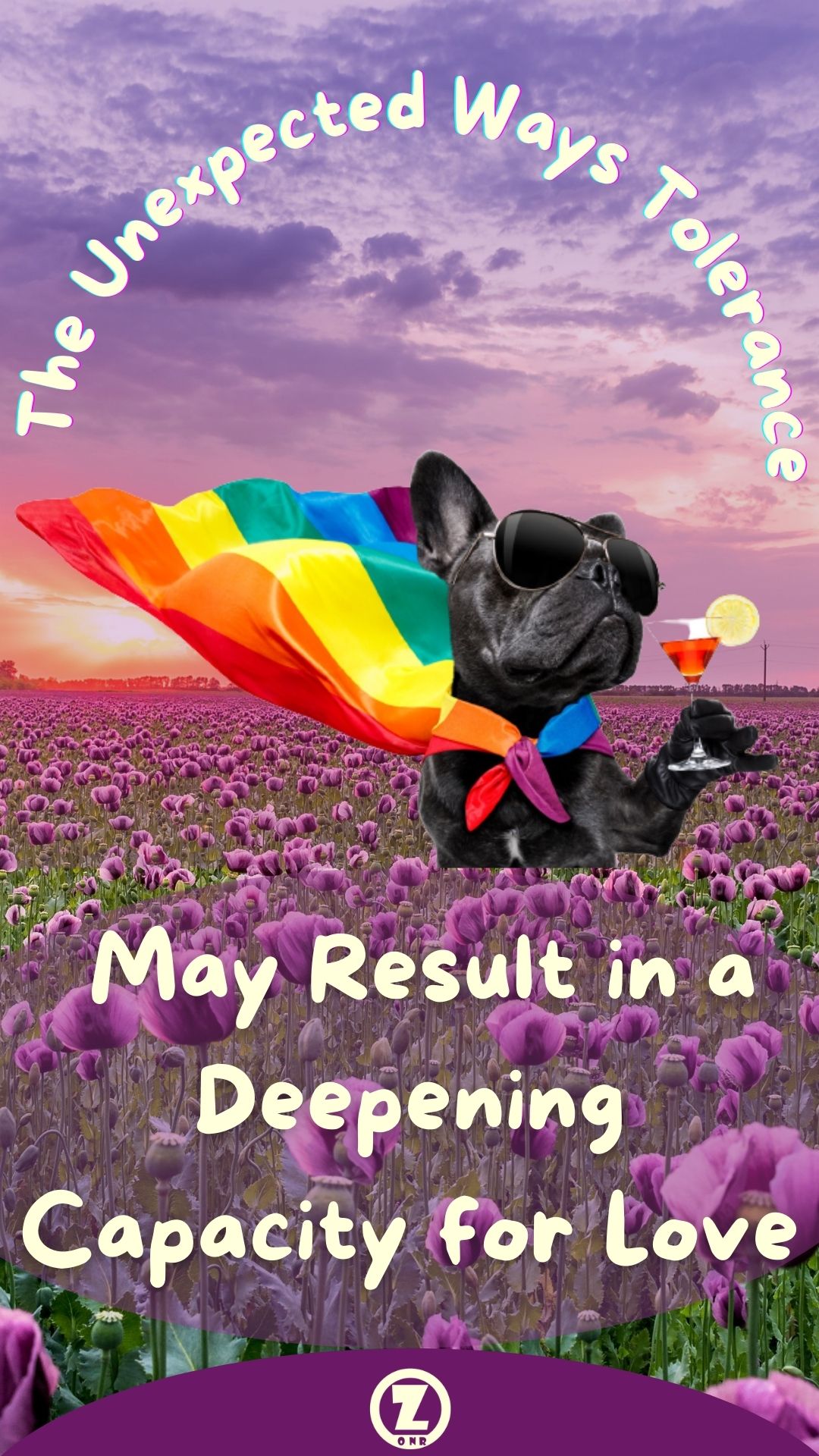
FROM TOLERANCE TO ONENESS – “Finally, we begin to see that all people, including ourselves, are to some extent emotionally ill as well as frequent-
ly wrong, and then we approach true tolerance and see what real love for our fellows actually means.” (12 & 12, p. 92)
“I’ll tell you what I did need to learn was tolerance, and I think I’ve been actually given a daily opportunity to practice that, and it’s … it’s … and I know that that sounds almost like a backhanded slap, and it is in a way because I haven’t been successful at it every day.”
– Mel Gibson (1956 – ) Australian Actor/Director
Attracting Love Guided Meditation LP (10:03)
by Kahlil Gibran
And the priestess spoke again and said: “Speak to us of Reason and Passion.”
And he answered saying:
Your soul is oftentimes a battlefield, upon which your reason and your judgment wage war against passion and your appetite.
Would that I could be the peacemaker in your soul, that I might turn the discord. And the rivalry of your elements into oneness and melody.
But how shall I, unless you yourselves be also the peacemakers, nay, the lovers of all your elements?
Your reason and your passion are the rudder and the sails of your seafaring soul.
If either your sails or our rudder be broken, you can but toss and drift, or else be held at a standstill in mid-seas.
For reason, ruling alone, is a force confining; and passion, unattended, is a flame that burns to its own destruction.
And let it direct your passion with reason, that your passion may live through its own daily resurrection, and like the phoenix rise above its own ashes.
I would have you consider your judgment and your appetite even as you would two loved guests in your house.
Surely you would not honour one guest above the other; for he who is more mindful of one loses the love and the faith of both.
Among the hills, when you sit in the cool shade of the white poplars, sharing the peace and serenity of distant fields and meadows – then let your heart say in silence, “God rests in reason.
”
And when the storm comes, and the mighty wind shakes the forest, and thunder and lightning proclaim the majesty of the sky, – then let your heart say in awe, “God moves in passion.
”
And since you are a breath In God’s sphere, and a leaf in God’s forest, you too should rest in reason and move in passion.
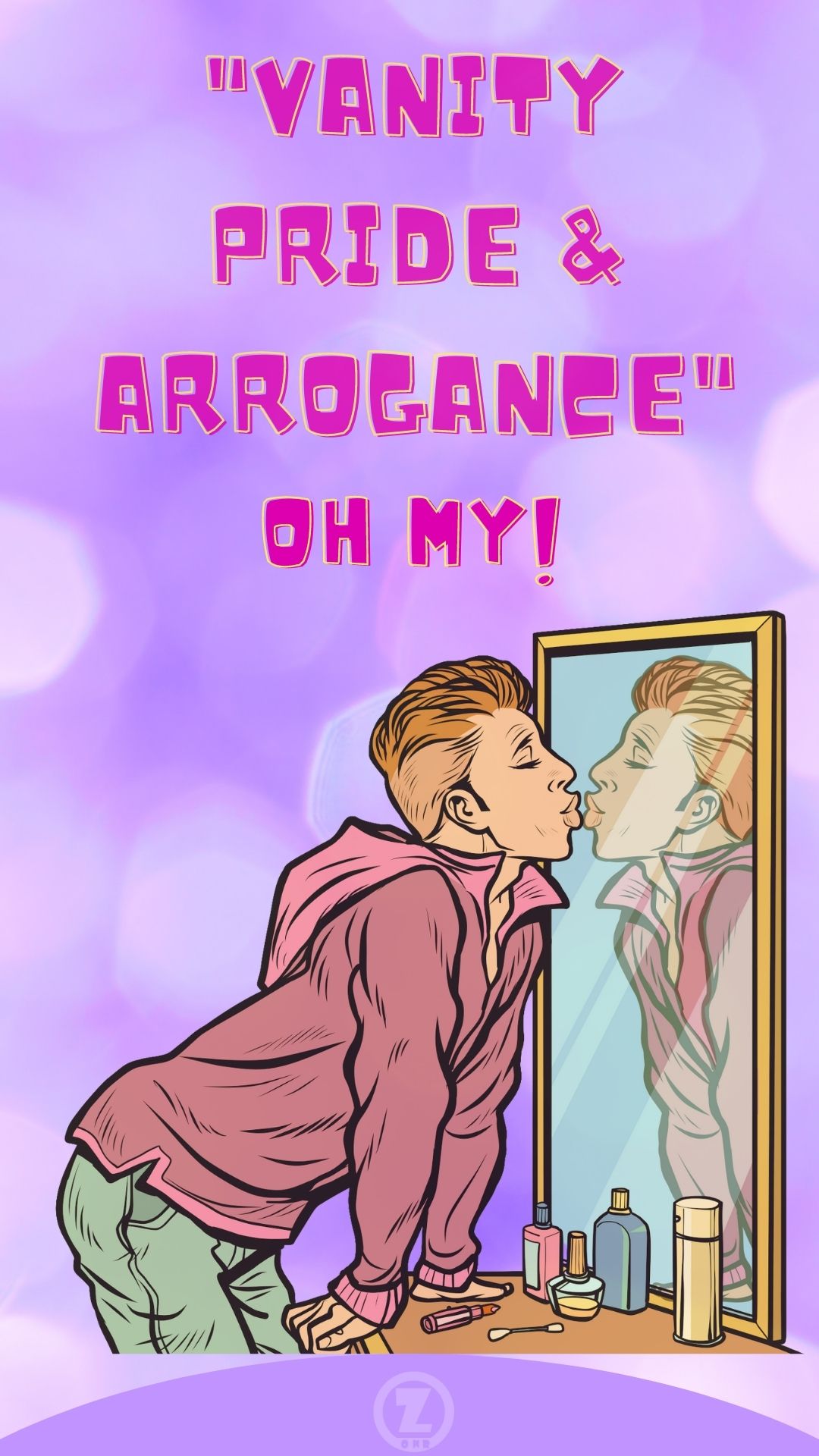
LEAVING NO STONE UNTURNED – “In Step Eight, we begin to rectify our wrongs. We begin to accept responsibility for our actions by listing the people we have harmed and by becoming willing to make amends to them all.” (It Works, How & Why, p. 54)
“VANITY, PRIDE & ARROGANCE” oh my – “There were cases, too, where we had damaged others who were still happily unaware of being hurt. Why, we cried, shouldn’t bygones be bygones? Why do we have to think of these people at all? These were some of the ways in which fear conspired with pride to hinder our making a list of all the people we had harmed.” (12 & 12, p. 79)
“The truest characters of ignorance are vanity, and pride and arrogance.”
– Samuel Butler (1835-1902) English novelist
How has pride and being vane partially blinded you from seeing the truth, lately?
by Mark Doty, 1953
This salt-stain spot
marks the place where men
lay down their heads,
back to the bench,
and hoist nothing
that need be lifted
but some burden they’ve chosen
this time: more reps,
more weight, the upward shove
of it leaving, collectively,
this sign of where we’ve been:
shroud-stain, negative
flashed onto the vinyl
where we push something
unyielding skyward,
gaining some power
at least over flesh,
which goads with desire,
and terrifies with frailty.
Who could say who’s
added his heat to the nimbus
of our intent, here where
we make ourselves:
something difficult
lifted, pressed or curled,
Power over beauty,
power over power!
Though there’s something more
tender, beneath our vanity,
our will to become objects
of desire: we sweat the mark
of our presence onto the cloth.
Here is some halo
the living made together.

“OUR REAL PURPOSE” – “Our real purpose is to fit ourselves to be of maximum service to God and the people about us.” (The Big Book, p. 77)
“The principle of service … is not a passive principle. To be of maximum service to the still-suffering addict, we must energetically seek to carry our message throughout our cities, towns, and villages. (It Works, How & Why, p. 152)
“Teach this triple truth to all: A generous heart, kind speech, and a life of service and compassion are the things which renew humanity.”
– Buddha (563 B.C. – 483 B.C.) ancient Indian spiritual teacher
How have you been of maximum service, lately?
by Leo Tolstoy
“There is a story about a cobbler written by Leo Tolstoy. The cobbler was living alone as his last son died when he was just 12 years old. He was a very pious person and whenever he got tired he was reading about god. One day he had a dream in which god came to him and said that he will visit the cobbler the next day. The cobbler started looking through his door next day morning when he saw an old man walking in the snow with great difficulty. He took the old man inside and gave him hot soup to keep him warm.
Then he saw an old lady selling apples and a small lad tried to steal the apples. He called the young lad and advised him not to steal and gave him the message and paid the old lady for the stolen apples. Then helped a soldier’s wife who was carrying a child. He gave the child some clothes and gave the young woman some food. Thus throughout the day he was busy helping someone or other. He soon felt tired and fell asleep and in his dream he saw god. He asked god I was expecting and you didn’t turn up why? God immediately replied….I came in many forms as the old man, as the old lady, the young lad, as the Child and its mother. You helped me by helping them all.” (http://www.english-for-students.com/the-hands-that-serve-are-holier-than-the-lips-that-pray.html)
LETTING GO OF SELF-OBSESSION – “Most of us owe amends to at least one person who has also harmed us. Perhaps we haven’t truly forgiven that person yet. We must let go of resentments and focus on our part in the conflicts in our lives. We won’t get better…if we are still in the grip of self-obsession.” (It Works, How & Why, p. 55 on self-delusion)
FREES US FROM SELF-DELUSION’S PRISON – “Some of us, though, tripped over a very different snag. We clung to the claim that when drinking we never hurt anybody but ourselves.” (12 & 12, p, 79)
(Quote no longer sent in emails – “It would be difficult to dispel ignorance unless there is freedom to pursue the truth unfettered by fear.” Aung San Suu Kyi (1945 – ) discredited Prime Minister of Burma & freed 11/13/2010)
Limp Bizkit – Break Stuff (2:47)
Myanmar, Burma: The Three Jewels Meditation (14:56)
by Thomas Hardy
Here is the ancient floor,
Footworn and hollowed and thin,
Here was the former door
Where the dead feet walked in.
She sat here in her chair,
Smiling into the fire;
He who played stood there,
Bowing it higher and higher.
Childlike, I danced in a dream;
Blessings emblazoned that day;
Everything glowed with a gleam;
Yet we were looking away!
Havel was the son of a wealthy restaurateur whose property was confiscated by the communist government of Czechoslovakia in 1948. As the son of bourgeois parents, Havel was denied easy access to education. But managed to finish high school and study on the university level. He found work as a stagehand in a Prague theatrical company in 1959 and soon began writing plays with Ivan Vyskočil.
By 1968 Havel had progressed to the position of resident playwright of the Theatre of the Balustrade company. He was a prominent participant in the liberal reforms of 1968 (known as the Prague Spring), and, after the Soviet clampdown on Czechoslovakia that year, his plays were banned and his passport was confiscated. During the 1970s and ’80s he was repeatedly arrested and served four years in prison (1979–83) for his activities on behalf of human rights in Czechoslovakia. After his release from prison Havel remained in his homeland. (https://www.britannica.com/biography/Vaclav-Havel)